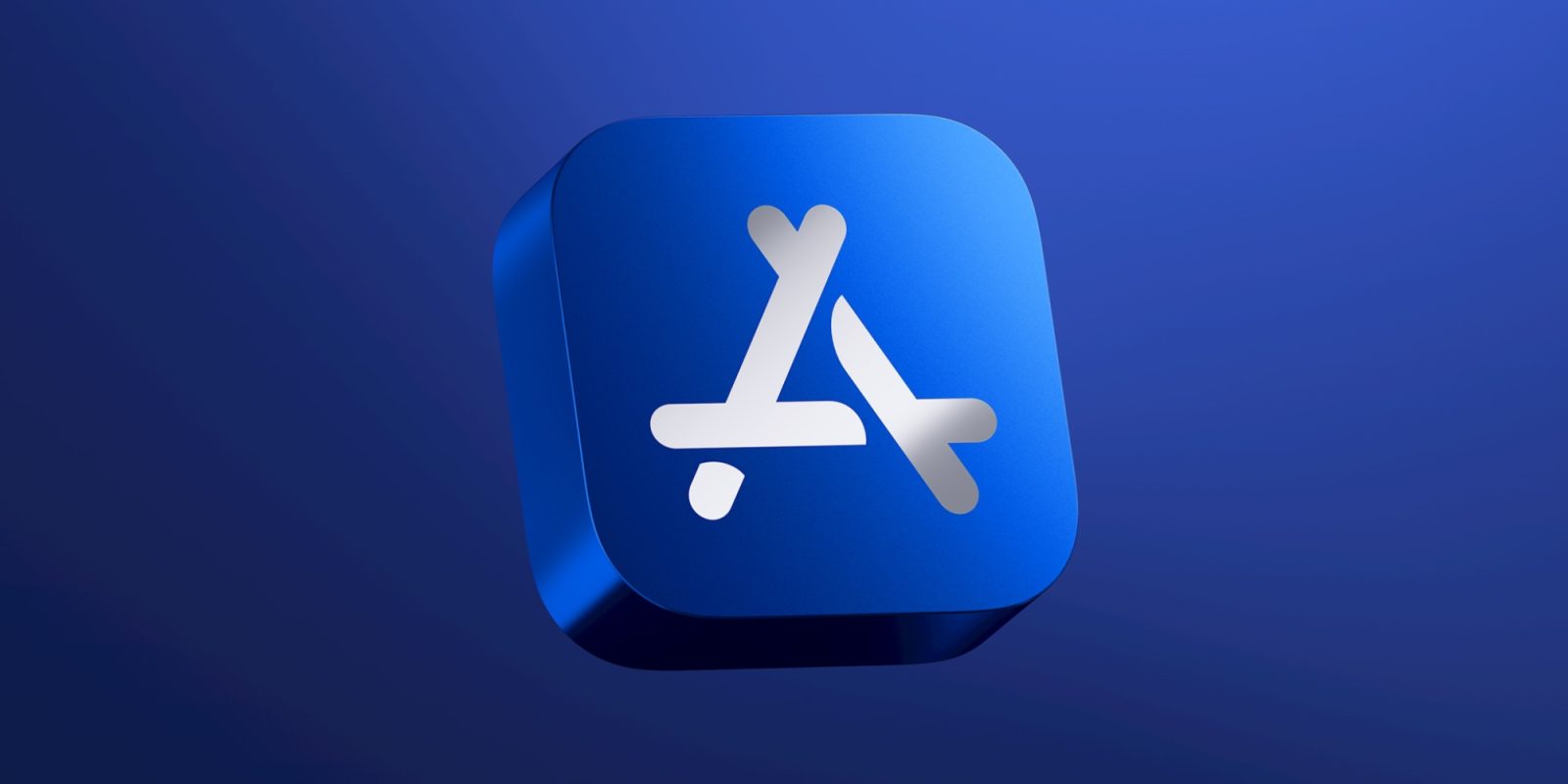
The outcome of the much publicized 2021 Apple vs. Epic trial saw Apple winning on most counts, except for the fact the judge did rule that Apple must relax its App Store anti-steering policy and allow developers like Epic Games to include links to alternative payment systems in their apps.
Apple delayed implementation of this judgement by submitting an appeal to the Supreme Court. The Supreme Court today refused to consider Apple’s appeal, which means the original decision should be upheld.
The App Store has faced much regulatory pressure in recent years, as governments target Apple’s monopolistic power of the iPhone software ecosystem.
Apple takes a 15-30% commission on all purchases that flow through its In-App Purchase system, a system that the company currently requires developers use exclusively. It has also barred apps from telling customers about alternative payment methods that may exist.
The Apple vs. Epic decision will mean that apps will now be allowed to tell their users that other payment options are available, with a direct link to the app’s website.
In the EU, the Digital Markets Act will come into force this spring and entails even more significant changes to how Apple runs the App Store. The DMA will require Apple to allow installing apps from outside the App Store for the first time on iOS, and as such these apps will be able to fully circumvent Apple’s rules.
FTC: We use income earning auto affiliate links. More.




